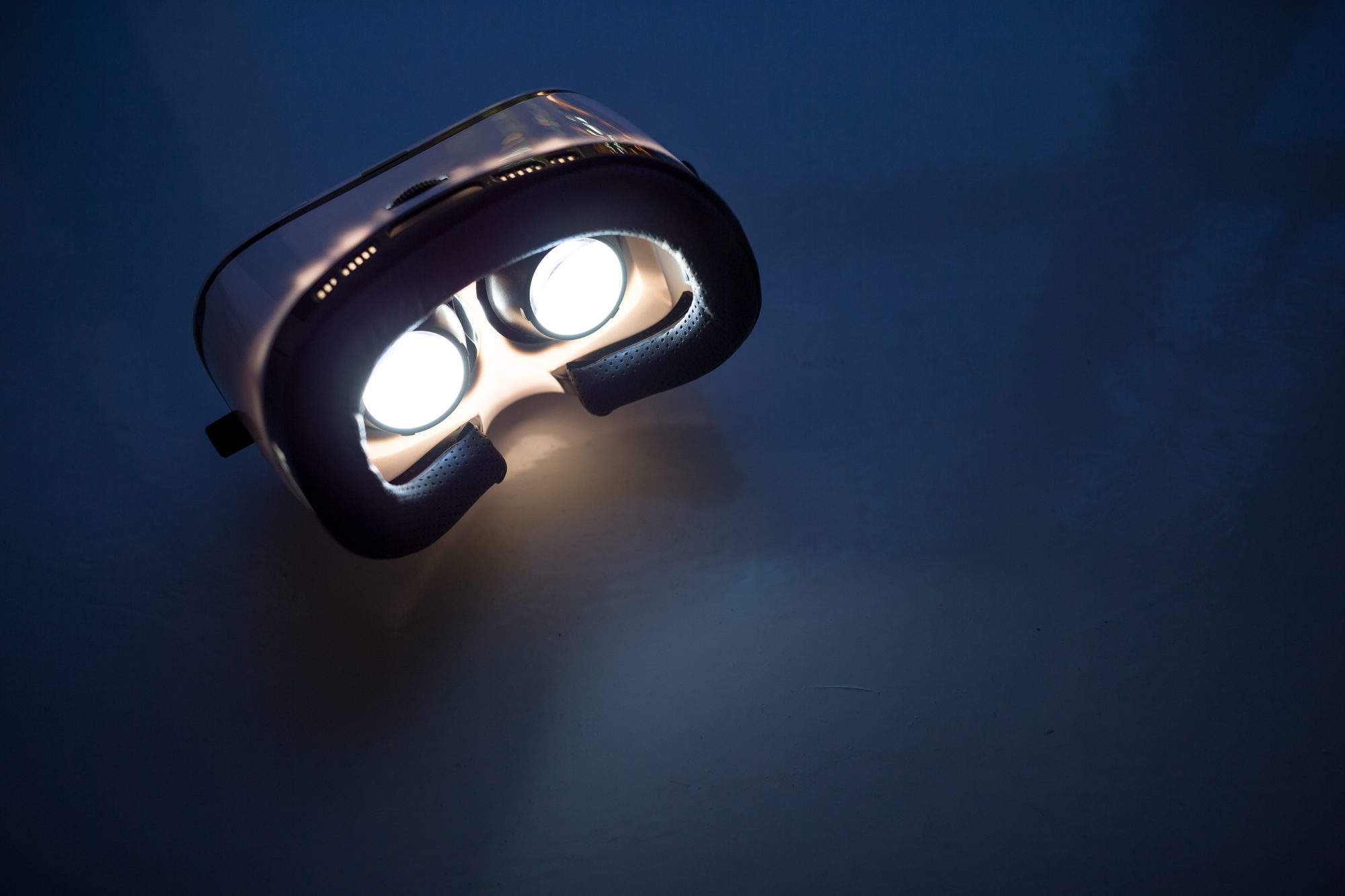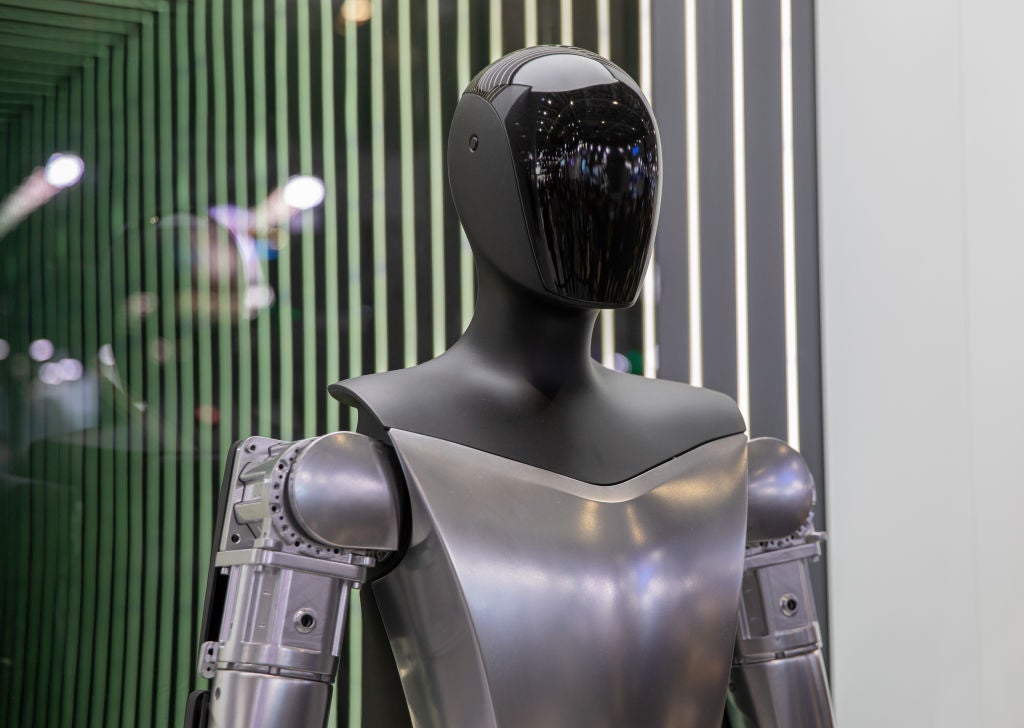
IT professionals have branded virtual reality overhyped, according to a poll carried out by communications platform Fuze.
In a survey of IT professionals at 100 business, 23% voted virtual reality (VR) as the most overhyped technology of 2018.
Virtual reality headsets allow the wearer to interact with a computer-generated three-dimensional environment. Consumer virtual reality headsets have been available since the mid-1990s, but sales of next-generation headsets have been slow.
Analyst firm IDC found that “shipments of augmented reality (AR) and virtual reality headsets were down 30.5% year over year, totalling 1.2 million units in the first quarter of 2018”.
Among gamers and home cinema enthusiasts, high prices and a limited number of VR titles have proven to be big barriers to widespread uptake.
High-end headsets, such as the Oculus Rift, cost several hundred pounds. And for many businesses, VR simply doesn’t offer a practical, cost-effective advantage.
How well do you really know your competitors?
Access the most comprehensive Company Profiles on the market, powered by GlobalData. Save hours of research. Gain competitive edge.

Thank you!
Your download email will arrive shortly
Not ready to buy yet? Download a free sample
We are confident about the unique quality of our Company Profiles. However, we want you to make the most beneficial decision for your business, so we offer a free sample that you can download by submitting the below form
By GlobalDataMichael Affronti, VP of product at Fuze, warned business leaders against getting caught up in the hype.
“IT leaders are ready to make radical changes, but these must be aligned with the demands of the workforce and not driven by technological developments alone,” he said.
“Technology should support and empower the workforce to be more creative, productive, and innovative. Those who prioritise the employee experience and productivity above future-gazing technologies will thrive in the new era of collaborative change.”
VR carves out niches in industry
Despite its criticism, VR has carved out a niche for itself in pockets of industry. It has proven a useful training tool for those working in dangerous environments, such as fire and rescue.
It has also been disrupting traditional sales strategies, such as automakers using VR to enhance the showroom experience.
In the medical sector, it is being used to alleviate stress for cancer patients undergoing chemotherapy.
VR and AR lead at PwC Jeremy Dalton told Verdict that part of the reason the technology is perceived as overhyped is because it’s moving into our lives more slowly than we are used to with other technologies.
“VR represents a completely new medium for humanity with a new input/output system; instead of keyboards, mice and 2D screens, it’s voice input, handheld controllers and an output that moves as you move your head,” he said.
“This is a real cultural change and isn’t something that’s going to happen overnight. This conflicts with society’s expectations of the fast-paced nature of technology though, so this may be part of the reason for thinking it’s overhyped.”
Others are also more optimistic, with research firm Gartner predicting that businesses will increasingly adopt virtual reality in 2019.
Virtual reality overhyped but IT professionals believe in AI and IoT
IT professionals instead see artificial intelligence (AI) and the Internet of Things (IoT) as having the most tangible impact on the way they work.
Many companies are using AI to manage big data, combat cyberattacks and perform simple tasks more efficiently than humans.
PwC recently found that AI will force millions to switch careers over the next two decades, rather than resulting in mass unemployment.
Much of the early interest in IoT devices has stemmed from home products, such as smart lightbulbs, fridges and coffee machines.
Dalton said that mixing technologies, such as AR and IoT, is where businesses can experience strong use cases.
“For example, combining AR with the Internet of Things could be really powerful for an engineer wearing a head-mounted display inspecting a piece of machinery,” he said.
“If IoT is providing input from various sensors on the machine, then AR is used as the output, the engineer would be able to see directly highlighted in their view what part of the machine is operating efficiently or needs to be maintained.”
In business, companies are also exploring voice control, such as Alexa for Business, to improve office efficiency.
And IT professionals showed that they have little faith in blockchain technology, with just 5% believing that it will have the largest impact on the work environment in the next five years.
That’s despite blockchain being hailed as “the new internet”, and widely tipped to revolutionise sectors ranging from medicine to banking.
Read more: BBC pilots virtual reality and Ultra HD for FIFA World Cup 2018




